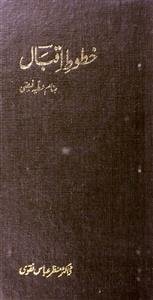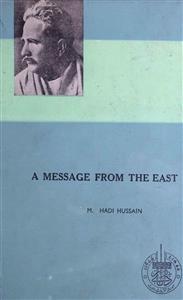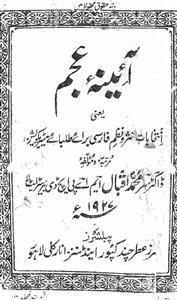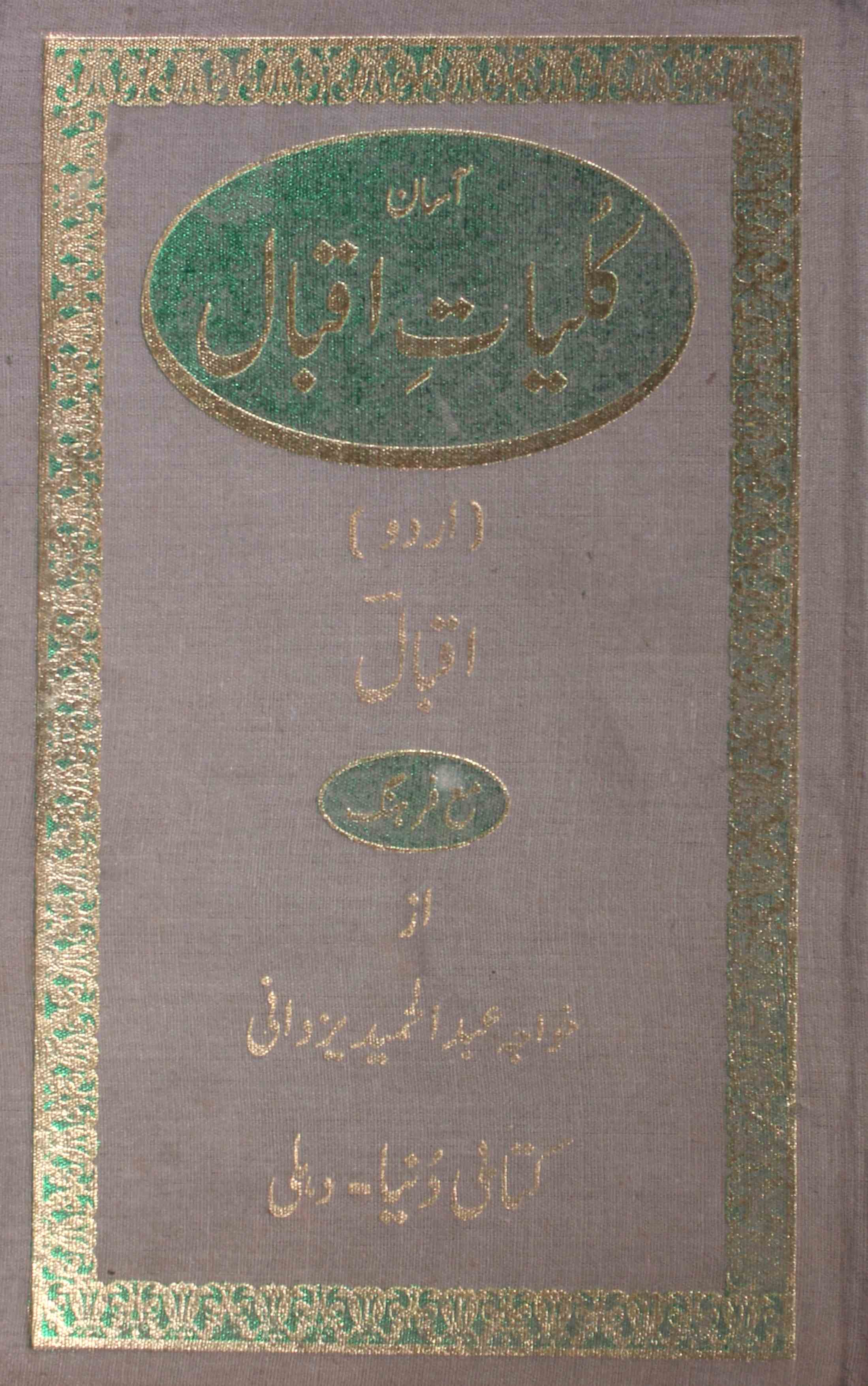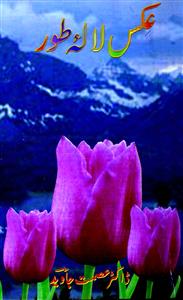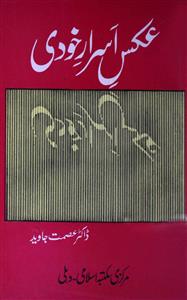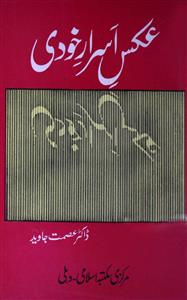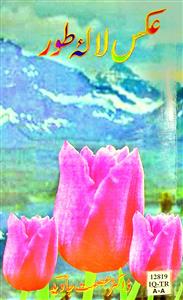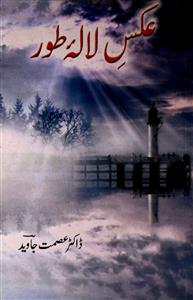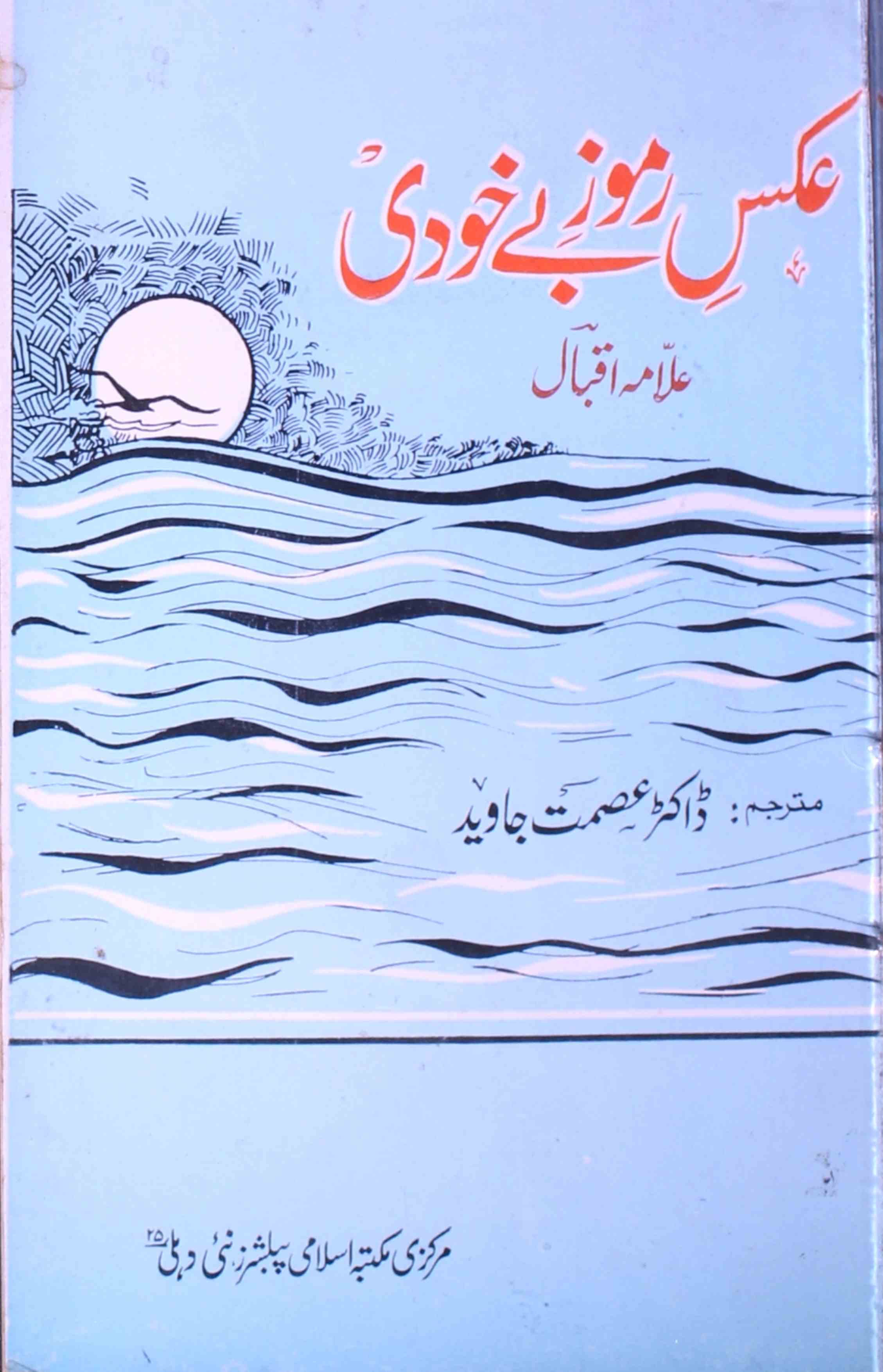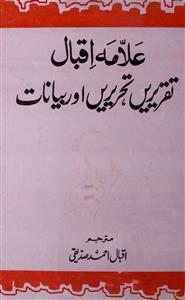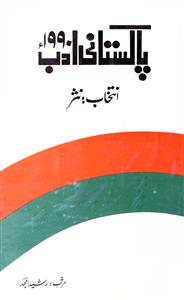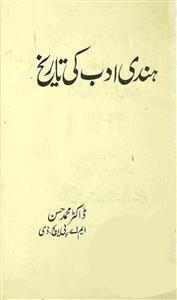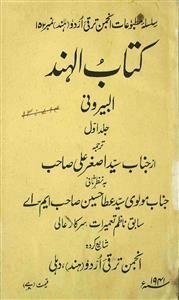 For any query/comment related to this ebook, please contact us at haidar.ali@rekhta.org
For any query/comment related to this ebook, please contact us at haidar.ali@rekhta.org
About The Book
علامہ اقبال کی نئی زندگی اس وقت شروع ہوتی ہے جب وہ انگلستان تعلیم حاصل کر نے جاتے ہیں اور مشر ق کی گھٹن زدہ ماحول سے کچھ دنوں کے لیے چلے جاتے ہیں۔ وہاں انہوں نے جہاں فلسفہ کی تعلیم حاصل کی وہیں عطیہ فیضی کی شکل میں انہیں ہم راز بھی مل گئی ۔وہ ایک غیر معمولی ذہین لڑکی تھیں یہی وجہ ہے کہ وہ کم عمری میں ہی اعلیٰ تعلیم حاصل کر نے کے لیے انگلستان چلی گئی تھی اور اقبال سے ملاقات کے وقت وہ جدید و قدیم فلسفہ کا مطالعہ کر چکی تھی یہی وجہ تھی کہ اقبال ان کو اپنا پورا مقالہ سناتے ہیں اور ان کے مشور وں پر عمل بھی کرتے ہیں ۔ علامہ کی ملاقات کاسلسلہ انگلستان میں مسلسل جاری رہا ساتھ ہی ہندوستان آنے کے بعد مکتوبات کا سلسلہ جاری رہا ۔ عطیہ فیضی نے ان خطوط کو بہت زمانے تک سینے سے راز کی طرح لگائے رکھا۔ بعد میں جب سب کو منر عام پر لایا گیا تو ایک کہرام مچا اور علامہ کی زندگی کو ایک نئے رنگ سے دیکھا جانے لگا ۔ لیکن ان خطوط کے مطالعے سے بہت سی باتوں سے پردہ اٹھتا ہے اور علامہ کے کئی اشعار میں ناقدین عطیہ فیضی کو تلاش کرنے لگ جاتے ہیں ۔ انگریزی زبان میں لکھے ان خطوط کو ارد و میں ڈاکٹر منظر عباس نے منتقل کیا ہے ۔ ترجمہ بھی تقریبا تخلیقی نوعیت کا ہے۔ ان خطوط کے مطالعہ سے علامہ کا مزاج اور کہیں کہیں نظر یہ کا بھی علم ملتا ہے ۔اس ذہین خاتون کا تعلق صرف علامہ اقبال سے ہی نہیں بلکہ شبلی سے بھی تھا لیکن علمی و ذاتی خطوط کا زیادہ تر تعلق اقبال سے ہی رہا۔
About The Author
Mohammad Iqbal (1877-1938), a descendant of a Kashmiri Brahmin family that had embraced Islam in the seventeenth century, was born and settled in Sialkot. After a traditional education in Arabic, Persian, and Urdu, he was exposed to a liberal education that defined the contours of his thought and his poetry during the entire period of his life. Beginning his educational career at the Scottish Mission School, he went on to acquire his M. A. in Philosophy, before joining Trinity College, and later earning the degree of Bar-at-Law. He furthered his education by getting the degree of doctorate from Germany on The Development of Metaphysics in Persia. He worked in different capacities at different points of time; he taught philosophy, practised law, got involved in politics, and also attended the second Round Table Conference. Even while he favoured the idea of the creation of Pakistan and is venerated there as the national poet, he wrote the famous patriotic song that celebrates the greatness of India. King George V decorated him with knighthood and he was called Sir Mohammad Iqbal thereafter.
Iqbal wrote both in Persian and Urdu, and is often regarded as the poet-philosopher of the East who addressed the Muslim ummah, believed in the philosophy of wahdatul wujood, and propounded the philosohy of khudi, or selfhood, which called for self-realisation and the discovery of the hidden talent with love and perseverance. Beyond that lay the stages of complete submission and forgetfulness which, he thought, was the ultimate stage of khudi. Iqbal dreamt of the ‘complete man’ and also entered into a metaphoric dialogue with the divine. His poetry emerged as a remarkable site where message and art coalesced, as he re-configured major poetic devices like metaphor, myth, and symbol to re-visit history, philosophy and the Islamic faith to develop his individual vision. He has left behind his collections of poems, Asraar-e Khudi, Rumooz-e Bekhudi, Baang-e Daraa, Baal-e Jibreel, Payaam-e Mashriq, Zaboor-e ‘Ajm, Javed Naama, Zarb-e Kaleem, and Armaghaan-e Hijaz, apart from his lectures collected in English as The Reconstruction of Religious Thought in Islam, and other works on the Eastern worldview.
 For any query/comment related to this ebook, please contact us at haidar.ali@rekhta.org
For any query/comment related to this ebook, please contact us at haidar.ali@rekhta.org
